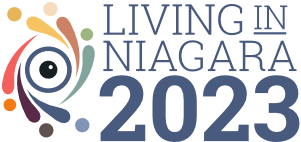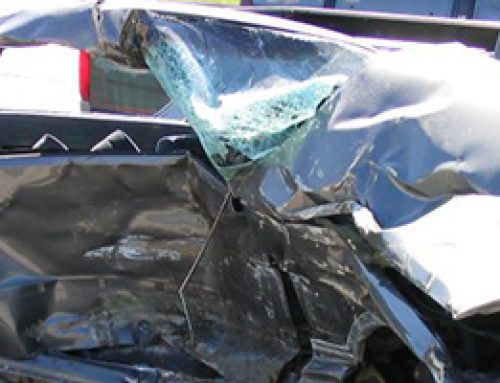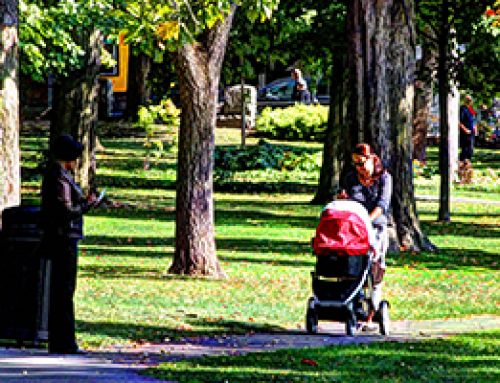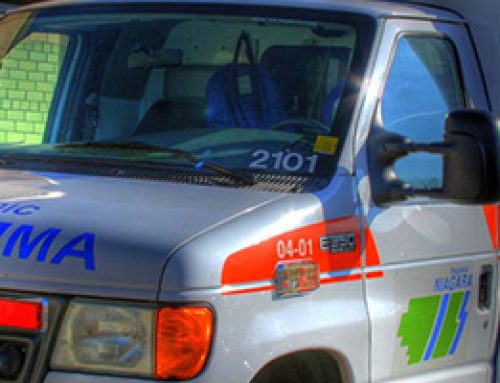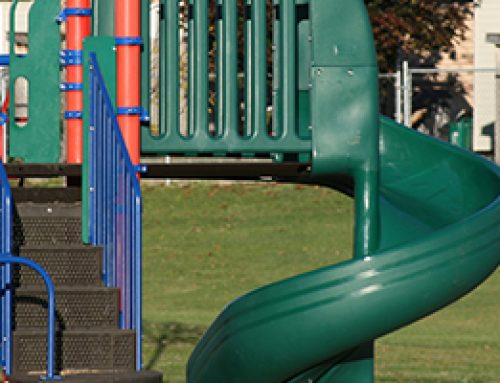Feeling safe and secure in our homes, communities, vehicles and surroundings helps us to enjoy living in Niagara. Knowing that emergency workers are available to assist citizens in crisis affects our perceptions of safety. Generally speaking, Niagara has low violent and property crime rates, compared to similar communities in Ontario, while our per capita motor vehicle accident fatality rates remain higher than average in the province.
Things We Are Doing Well
- Incidents of reported crime continue to decline in many categories across the Region.
- Victim assistance in Niagara is being strengthened. The Niagara Regional Police Service (NRPS) centralized its Domestic Violence team into one unit in January of 2013. These 12 detectives and 1 supervisor are specially-trained, and they work with a number of community agencies.
- COAST (Community Outreach and Support Team) is a partnership between the NRPS, the Canadian Mental Health Association Niagara Branch, Niagara Health System and the Distress Centre. Mobile crisis services are provided for people 16 years of age and older with serious mental illness, substance abuse problems or dealing with social issues such as homelessness; linkages to appropriate community services are provided.
- In 2013, the Coalition to End Violence Against Women (CEVAW) issued its second Domestic Violence Report Card. As living in poverty reduces options for victims of domestic violence, CEVAW members are actively involved in supporting the Niagara Prosperity Initiative (NPI), which focuses on alleviating the root causes of poverty, through a collaborative, neighbourhood-based approach informed by research; and the Niagara Poverty Reduction Network.
- Connections between NRPS School Resource Officers and schools in Niagara are increasing and a Niagara Chapter of ProAction Cops & Kids is now formed.
Emerging Activities
- New initiatives related to youth justice, mental health and addictions, and collateral partnerships are being established; data is being gathered to understand the incidence of youth coming in contact with the legal system in Niagara.
- FACS Niagara is working with CEVAW to better understand the complex nature of child welfare with a focus on safety and well-being of children while considering how to improve family functioning and reducing risk.
- High unemployment and poverty rates in Niagara mean that as more people struggle to provide for their family, there is a domino effect on social service agencies providing supports for food security, homelessness or emergency shelter for women and children who are fleeing domestic violence. Vulnerable people who cannot find affordable and suitable housing end up being under-housed and may be open to abuse.
- The BeFAIR project is gathering information about the incidence of Elder Financial Abuse in Niagara.
- The work of Niagara-wide partners in implementing the Niagara Mental Health and Addictions Charter is illuminating opportunities to integrate findings of recent Canadian reports regarding Police interactions with people struggling with mental health problems.
Suggested Action Steps
- Provide focused specialized training for first-line workers in areas such as mental health, domestic violence, and financial abuse of the elderly.
- Strengthen our understanding of how crimes, crime rates, and incidence of child abuse and domestic violence in Niagara relate to poverty and its root causes, homelessness, and overall economic conditions.
- Leverage the work of the community in implementing the Niagara Mental Health and Addictions Charter to gather best practice resources to inform Police interactions with people struggling with mental health problems, in the Niagara context.
- Continue to gather information about emerging issues, including elder abuse, youth justice and youth coming in contact with the legal system.
Indicators
- Overall Crime Rates and Violent Crime Rates
- The Nature of Crime and Crime Investigations
- Hate Crimes in Niagara
- Youth Crime
- Criminal Code Violations and Incidents
Domestic Violence and Child Abuse
- Calls to Police for Domestic Violence
- Child Abuse
- Coalition to End Violence Against Women Domestic Violence Report Card
- Calls to Police Ambulance and Fire
- Police Officers per 100,000 Population in Niagara
- EMS Response Times
Feeling Safe and Secure in Niagara
- Elder Financial Abuse
- Information and Safety Programs in Schools and the Community
- Homelessness
- Mental Health and Addictions
Motor Vehicle Accidents and Fatalities
- Motor Vehicle Accidents and Fatalities
- Impaired Driving
- Distracted Driving
